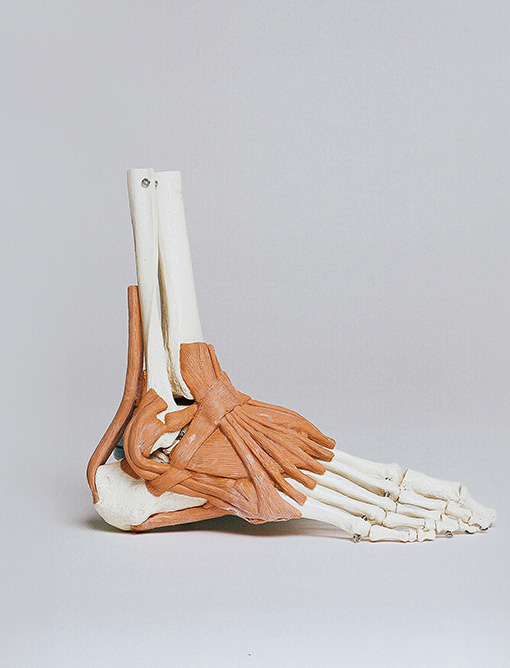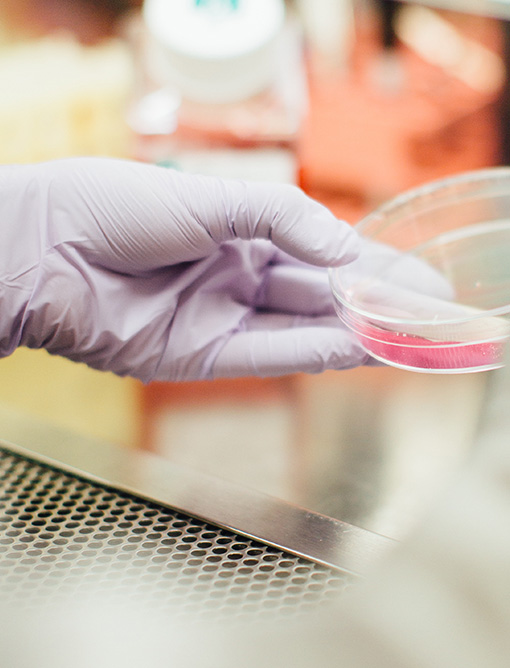Cytarabine is a cancer medicine that interferes with the growth and spread of cancer cells in the body. Cytarabine is used to treat certain types of leukemia (blood cancers). Cytarabine is also used to treat leukemia associated with meningitis.
Cytarabine is also used alone or with other chemotherapy drugs to treat meningeal leukemia (cancer in the membrane that covers and protects the spinal cord and brain). Cytarabine is in a class of medications called antimetabolites. It works by slowing or stopping the growth of cancer cells in your body.
Cytarabine 100 mg/ml Injection is a ready to use injection and can be administered by the intravenous and subcutaneous routes. Cytarabine 100 mg/ml Injection should not be administered by the intrathecal route due to the slight hypertonicity of this formulation.
Cytarabine, also known as cytosine arabinoside (ara-C), is a chemotherapy medication used to treat acute myeloid leukemia (AML), acute lymphocytic leukemia (ALL), chronic myelogenous leukemia (CML), and non-Hodgkin's lymphoma. It is given by injection into a vein, under the skin, or into the cerebrospinal fluid.
The Cytarabine (Ara-C) Syndrome: A cytarabine syndrome has been described by Castleberry. It is characterized by fever, myalgia, bone pain, occasionally chest pain, maculopapular rash, conjunctivitis, and malaise. It usually occurs 6 to 12 hours following drug administration.
Cytarabine is used alone or with other medications to treat various types of cancer. It is a chemotherapy drug that works by slowing or stopping cancer cell growth.








